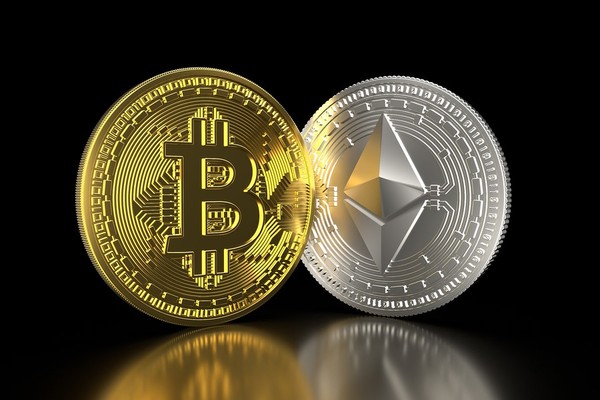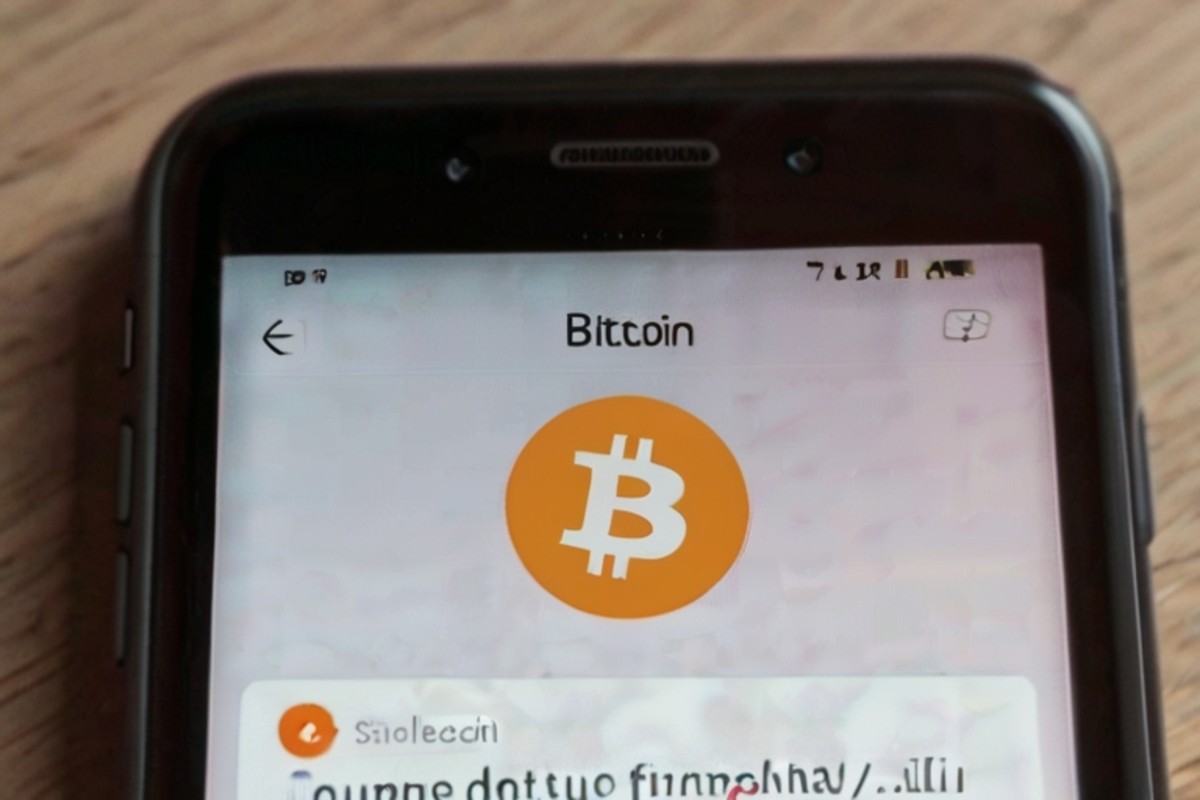Pay attention to NFTs and Bitcoin ETFs

Coin speaker
Cryptocurrency regulation debate in Korea and the US: Focus on NFTs and Bitcoin ETFs
In May 2024, the heads of two important financial regulators – the U.S. Securities and Exchange Commission (SEC) and Korea’s Financial Supervisory Service (FSS) – are scheduled to meet to discuss the growing digital asset market and possible regulations. This conference is important because of the growing interest of people around the world in cryptocurrencies, non-fungible tokens (NFTs) and other virtual assets.
Classification of NFTs as virtual assets
One of the main topics of discussion is whether NFTs should be legally considered virtual assets in Korea. These digital assets are unique tokens that represent ownership of art, music, video game items, and more. However, according to current domestic regulations, it does not fall into the category of virtual assets such as cryptocurrency, especially since its utilization was not very high.
Some in the industry argue that non-fungible tokens should not be subject to virtual asset regulation because they are new and low risk. But regulators are concerned about speculation and price increases similar to the cryptocurrency craze. Once NFTs are classified as virtual assets, domestic regulators, including the Financial Supervisory Service, will be able to control NFTs by imposing strict licensing and compliance requirements. But if regulations are too burdensome for industry startups and sellers, they can stifle innovation.
Allow local access to discover Bitcoin ETFs
Another important topic of discussion concerns Korea’s ban on domestic financial institutions from offering physical Bitcoin exchange-traded funds (ETFs). South Korean regulators currently ban spot Bitcoin ETF trading and prohibit domestic companies from initiating or facilitating transactions involving these offshore products. However, there is increasing pressure to give Korean investors access to these investment opportunities.
Some South Korean politicians have proposed allowing spot Bitcoin ETFs in the country, especially ahead of key elections in April. This will expand investment options for Korean individual investors in the cryptocurrency market. But regulators are concerned that spot ETFs could weaken anti-money laundering controls or lead to reckless speculation by inexperienced investors. A revision to Korea’s virtual asset enforcement ordinance may provide legal clarity on this issue.
The upcoming meeting shows that regulators around the world are still trying to figure out how to deal with the rapid growth of virtual assets. Creating rules that encourage responsible innovation while protecting consumers is difficult. However, South Korea’s decision to hold a bilateral cryptocurrency policy dialogue with the United States demonstrates the country’s commitment to developing global standards.
The results of these discussions will have a significant impact on future digital asset-related regulations in Korea. Allowing a BTC ETF could lead to more money flowing into Bitcoin. Moreover, if NFTs are legally classified as virtual assets, companies within the NFT industry may be subject to more stringent oversight, including licensing requirements, transaction monitoring, and compliance with codes of ethics. While this may slow adoption, supporters argue the measure will increase security and prevent illegal activity.
next
Cryptocurrency regulation debate in Korea and the US: Focus on NFTs and Bitcoin ETFs
Source: https://www.coinspeaker.com/south-korea-united-states-nfts-bitcoin-etfs/



